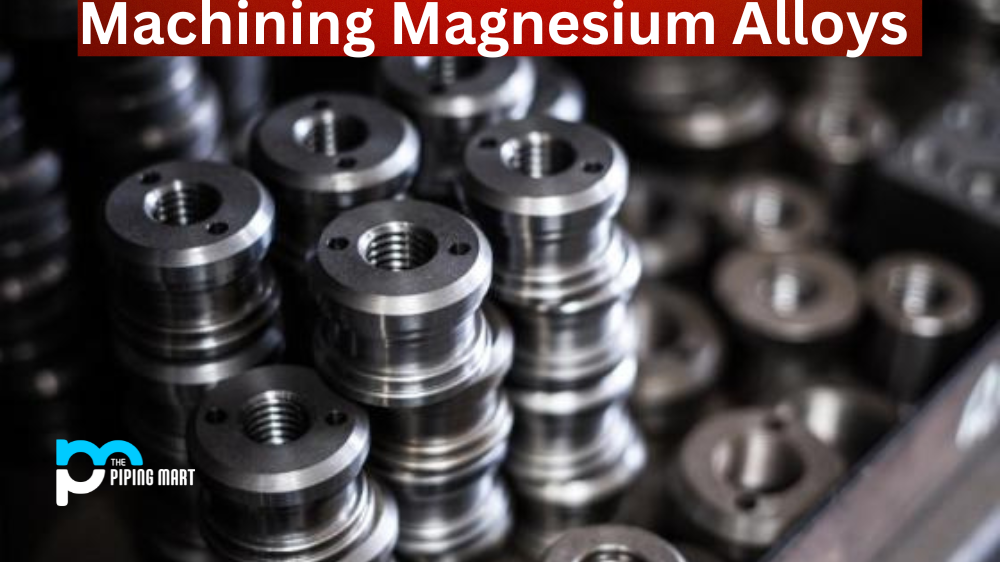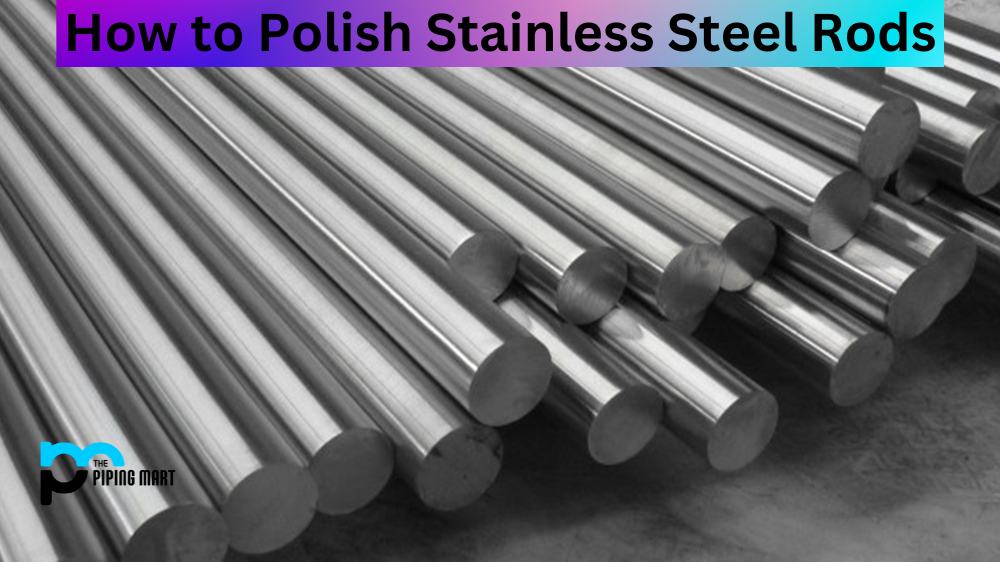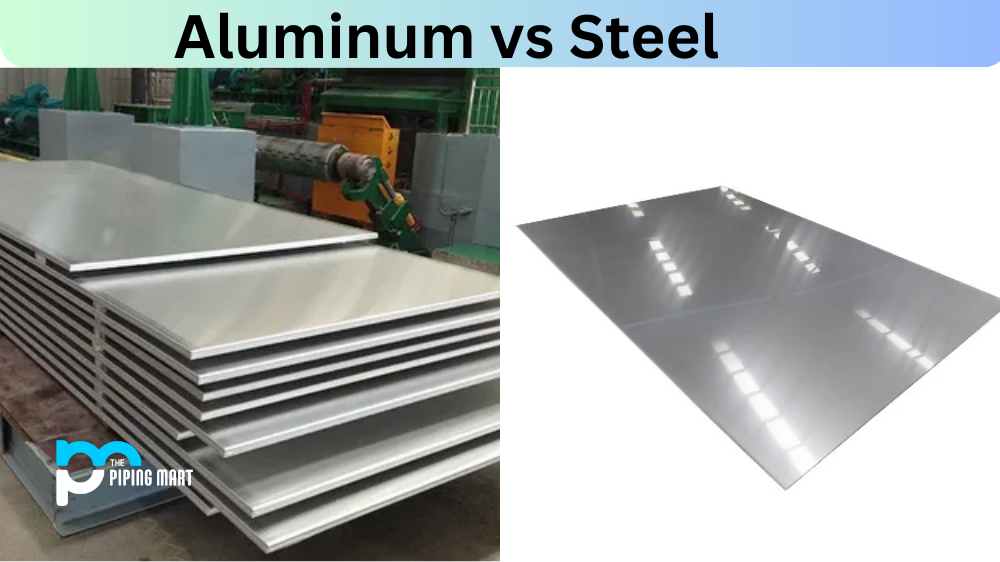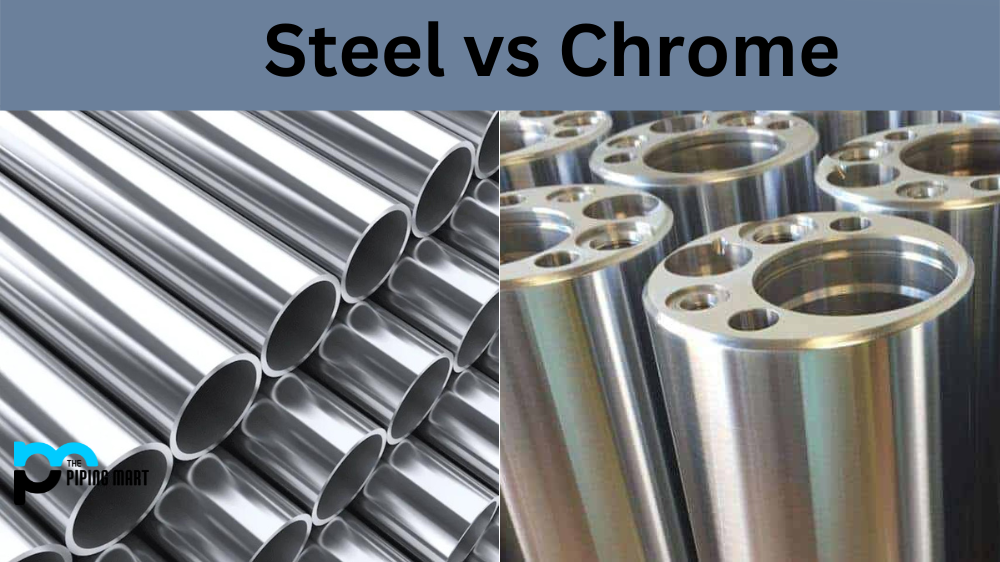For decades, magnesium alloys have been used to create precision parts with unique properties. But what about machinability? Can magnesium alloys be machined easily and accurately? As it turns out, the answer is a resounding yes—as long as you understand the material’s characteristics and follow best practices. Let’s take a closer look at machining magnesium alloys.
What Are Magnesium Alloys?
Magnesium alloys are lightweight materials that have a high strength-to-weight ratio and excellent creep resistance properties—making them ideal for a number of applications, including automotive parts, aerospace components, medical devices, and more. In addition to their strength, magnesium alloys also offer excellent corrosion resistance and surface finish.
Machining Magnesium Alloys
When it comes to machining magnesium alloys, there are certain things to keep in mind. First and foremost, these materials can be challenging to machine because they tend to be soft and gummy. Therefore, it’s important to use sharp cutting tools with sufficient rigidity to prevent chatter or vibration during the machining process. It’s also important to use plenty of coolant/lubricant when machining magnesium alloys since these materials generate considerable heat during cutting.
With that being said, there are several techniques that can be used to successfully machine these materials without sacrificing accuracy or tolerance control. For example, using progressive chip thinning can help reduce heat buildup while improving tool life in softer materials like aluminum bronze or titanium bronze alloy castings. Additionally, employing rigid tooling setups can help increase accuracy while minimizing movement due to vibration or deflection caused by the material being worked on.
Conclusion:
In short, although the machinability of magnesium alloy can present some challenges due to its softness and gummy nature, using the right techniques will ensure accurate and precise results every time. By understanding the material’s characteristics and following best practices for machining these metals—including using sharp cutting tools with sufficient rigidity and plenty of coolant/lubricant when necessary—you’ll be able to successfully create precision parts with ease! Machinists looking for a reliable way to produce custom parts from magnesium alloy should contact Metric Marketing today! We specialize in providing quality solutions tailored specifically to your needs!




